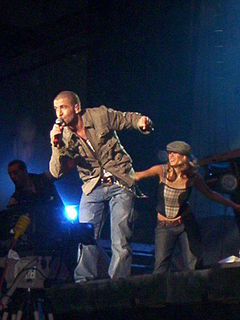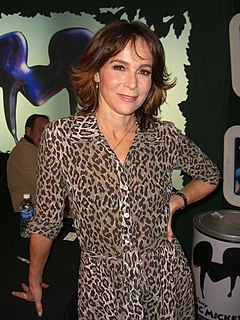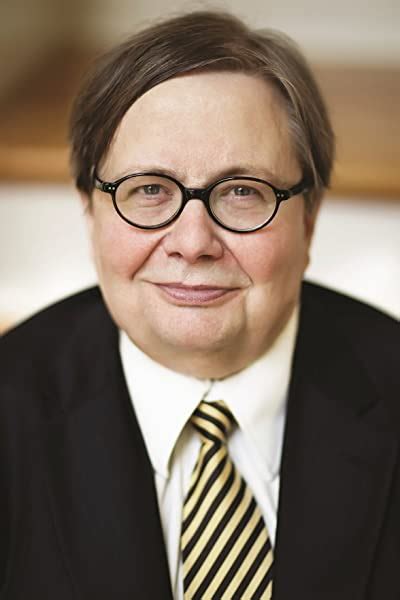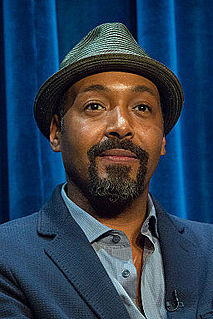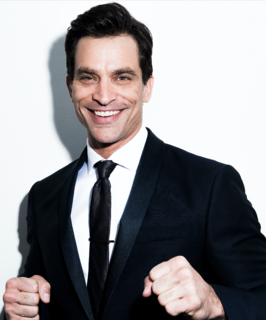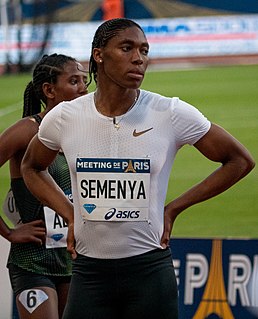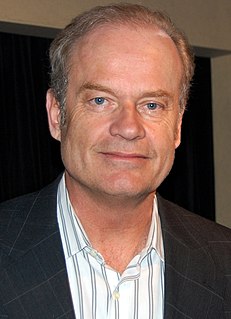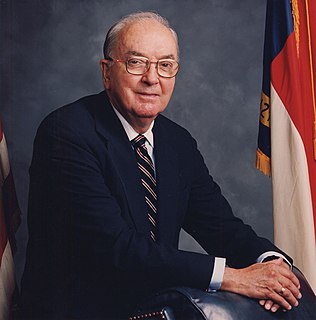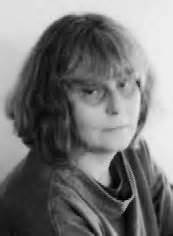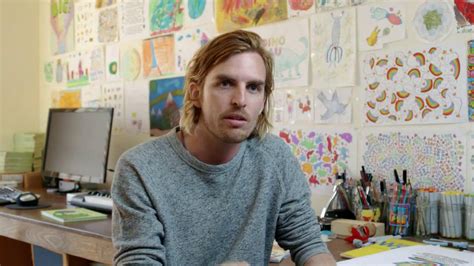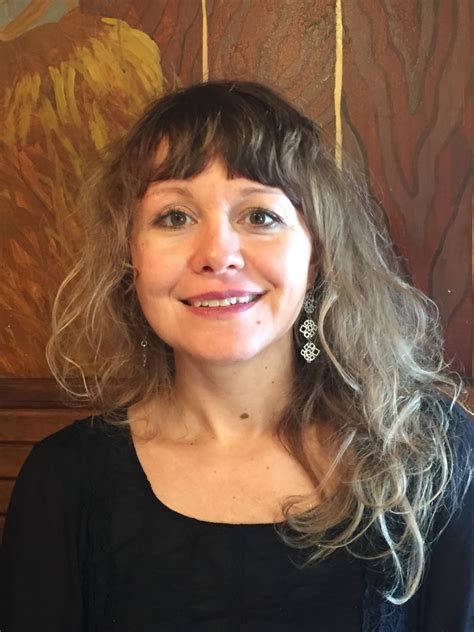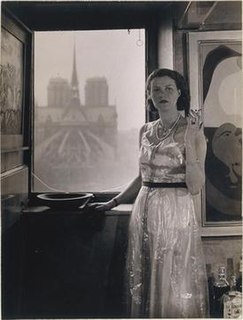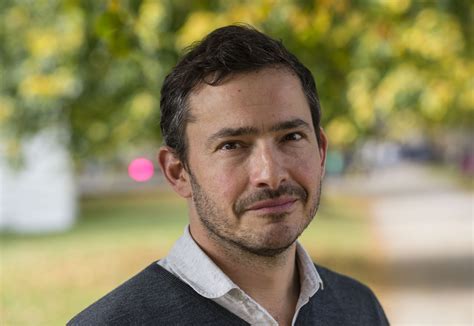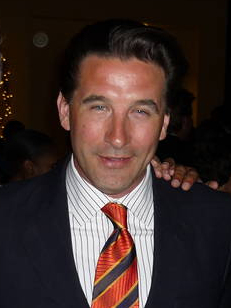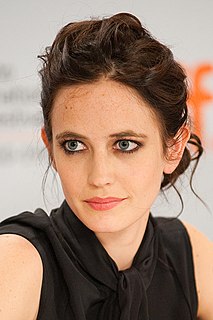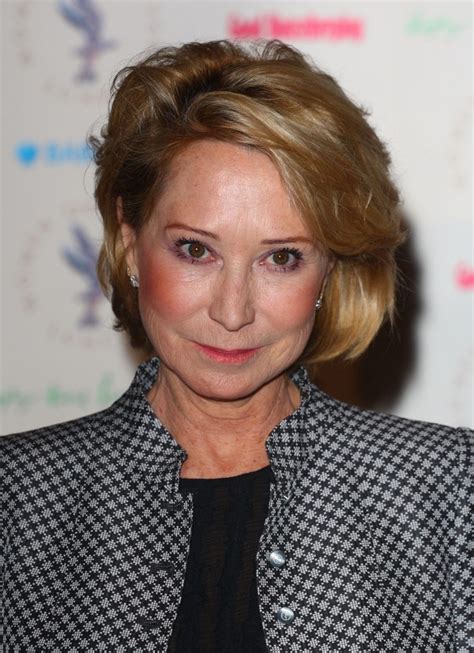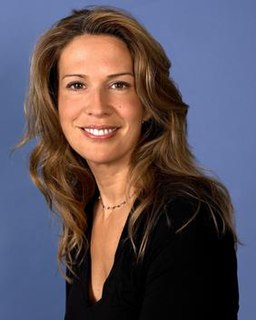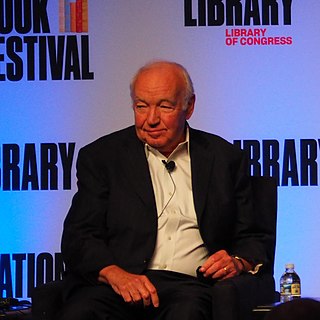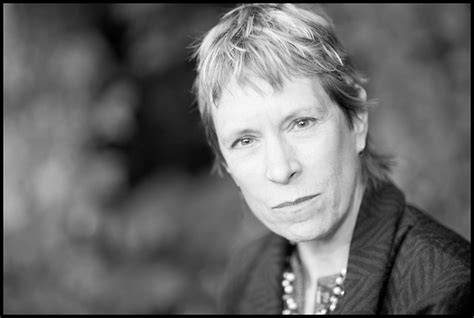Top 1200 Merchant Of Venice Famous Quotes & Sayings
Explore popular Merchant Of Venice Famous quotes.
Last updated on April 14, 2025.
Civilization, let me tell you what it is. First the soldier, then the merchant, then the priest, then the lawyer. The merchant hires the soldier and priest to conquer the country for him. First the soldier, he is a murderer; then the priest, he is a liar; then the merchant, he is a thief; and they all bring in the lawyer to make their laws and defend their deeds, and there you have your civilization!
I wish I could sit back and say, 'Oh, I'm gonna wait for a Merchant-Ivory film to come my way. Or Ivory-Merchant. Whatever it's called. But you just take what's given and then, hopefully, down the road you can be more choosy and only do, say, Wayans brothers movies. That's my goal: to be more Merchant-Ivory-Wayans.
I was arrested 1965. I had come back from the merchant marines, got into conversations about the war. I had never heard of Vietnam until I was in the merchant marines in constitution square in Athens, and I picked up the New York Herald or the International Herald Tribune and there was my first introduction of the word Vietnam.
Living in a bubble as I said in a featherbed of privilege. That's why leaving home, leaving the prep school and going to the University of Michigan in the early '60s was a moment of awakening and to go to a place like Michigan and to see suddenly a world in flames and the injustices all around was quite a wake up call. I lasted a year and a half at Michigan before I dropped out and joined the merchant marines and I was a merchant marine for my sophomore year then I came back to Michigan.
You travel the world, you go see different things. I like to see Shakespeare plays, so I'll go - I mean, even if it's in a different language. I don't care, I just like Shakespeare, you know. I've seen Othello and Hamlet and Merchant of Venice over the years, and some versions are better than others. Way better. It's like hearing a bad version of a song. But then somewhere else, somebody has a great version.
... in the eyes of its visitors, Venice has no reality of its own. Anyone visiting the place has already seen so many pictures of it that they can only attempt to view it via these clichés, and they take home photographs of Venice that are similar to the ones they already knew. Venice [is] becoming like one of those painted backdrops that photographers use in their studio.
I think it takes a very generous and tolerant non-famous partner to stick with the famous person, especially if s/he wasn't famous when they first got together. And add to it the fact that the Web makes it extremely easy to meet admirers... well, there are a lot of temptations to be ignored, or else embraced.
There was once a great actor named George C. Scott. He was on stage in the Delacourt Theater in Central Park, where they do Shakespeare every summer, and he was playing Shylock in The Merchant of Venice. At one point he took the robes he was wearing and just started flipping them up in the air, out of nowhere. And later, an actor said to him, "What was that, George, what were you doing?" And he said, "They were sleeping." You're always trying to catch them.
I think the work is the same in Indie films or blockbuster. It's just a difference when you do all the publicity. It's like another job. I remember the first time I did The Dreamers. I went to Venice; quite a good amount of publicity, a lot of round-tables and TV. I was just not expecting that. I thought I was going to visit Venice, but actually no.
Life is tough and it's tough whether you're famous or not famous. And in the end it's probably better to be famous because the perks are better. You get better seats at the basketball game, and you get better tables and reservations places. If I call a doctor on Saturday morning I can get him. There's a lot of things, indulgences that you don't get, if you're not famous. Now I'm not saying it's fair. But I can't say that I don't enjoy it.
First, my frame of reference for the Britten opera shifted. I'd always thought of Britten's approach in Death in Venice as another exploration of the plight of the individual whose aspirations are at odds with those of the surrounding community: his last opera returning to the themes of Peter Grimes. As I read and listened and thought, however, Billy Budd came to seem a more appropriate foil for Death in Venice.
People run away from the name subsidy. It is a subsidy. I am not afraid to call it so. It is paid for the purpose of giving a merchant marine to the whole country so that the trade of the whole country will be benefitted thereby, and the men running the ships will of course make a reasonable profit.... Unless we have a merchant marine, our navy if called upon for offensive or defensive work is going to be most defective.
I stood in Venice, on the Bridge of Sighs; A palace and a prison on each hand; I saw from out the wave of her structure's rise As from the stroke of the enchanter's wand: A thousand years their cloudy wings expand Around me, and a dying Glory smiles O'er the far times, when many a subject land Look'd to the winged Lion's marble pines, Where Venice sate in state, throned on her hundred isles.
There is still one of which you never speak.' Marco Polo bowed his head. 'Venice,' the Khan said. Marco smiled. 'What else do you believe I have been talking to you about?' The emperor did not turn a hair. 'And yet I have never heard you mention that name.' And Polo said: 'Every time I describe a city I am saying something about Venice.
To Forget Venice is a tour de force of ventriloquism. Elegant, contemporary, and wry, the voice at its center is also capable of disarming flights of imagination as it enters and inhabits other lives across time and gender. The glittering, fetid city emerges as a complex metaphor for the human heart’s simultaneous tenderness and capacity for cruelty, its ‘silver glow / a local specialty: filth / disguised as ornament.’ This Venice is unforgettable.
